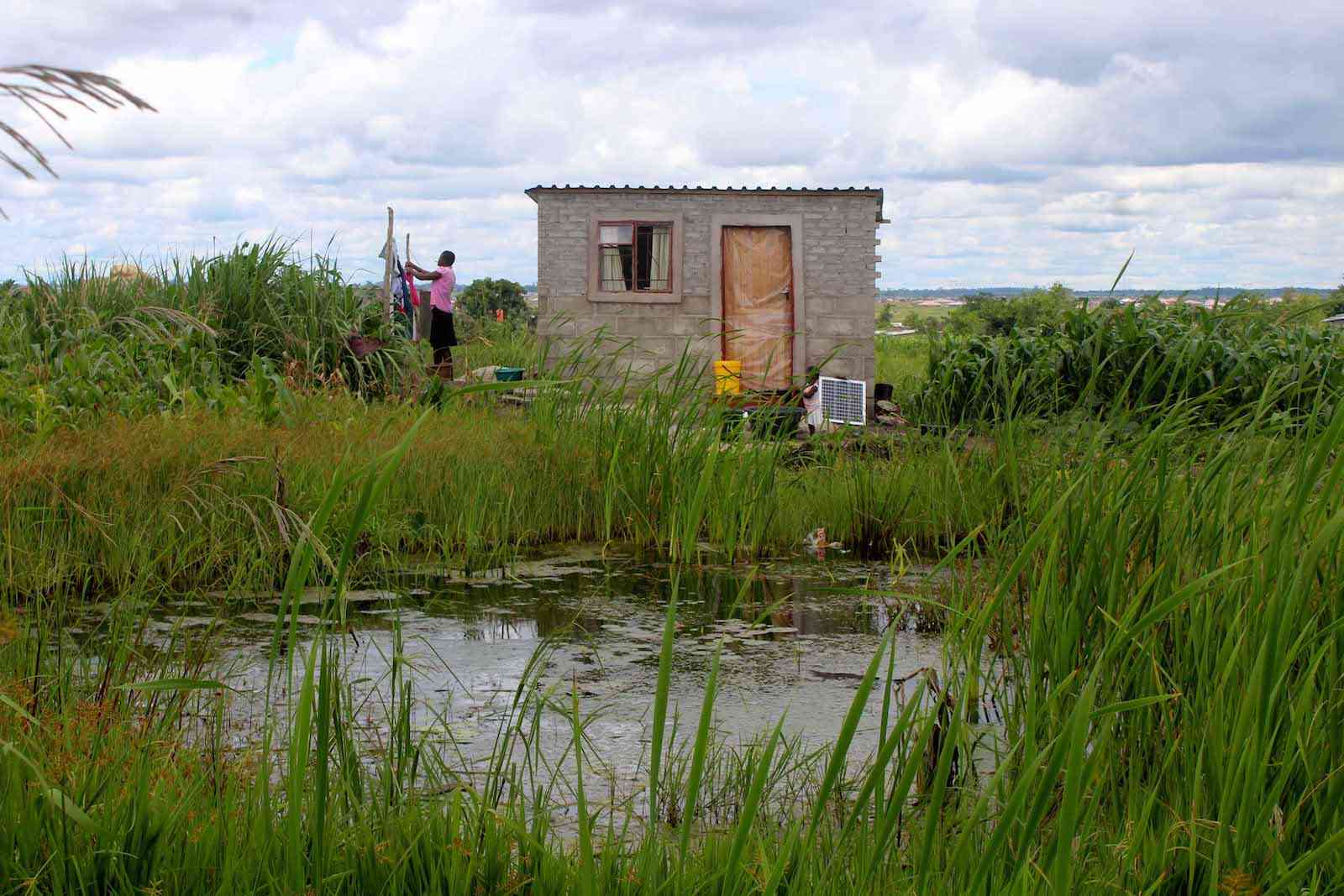
Local businesses have been challenged to beef up their environmental, social and governance (ESG) frameworks in order to strike a balance between ecological sustainability and profits in their operations.
As part of the ongoing “Voices of Zimbabwe on Wetlands” campaign, Friends of the Environment recently hosted a corporate breakfast meeting where legislators and civil society organisations (CSOs) rallied the business sector to embrace a unified approach towards environmental protection.
The campaign is a project by Parliament in partnership with DanChurchAid and Conservation Conversations, which aims to bolster community participation in wetland protection countrywide in the build up to the upcoming Ramsar Convention on Wetlands COP15 set for July 23–31, 2025, in Victoria Falls.
“The gap between corporates and non-governmental organisations is shrinking because the same environment that we are concerned with protecting (as CSOs), working with local communities, we are investors in making sure that local communities live with dignity, that their issues of livelihoods and other concerns are covered,” said DanChurchAid Zimbabwe spokesperson Patience Ukama.
“Corporates depend on these communities in terms of fostering and meeting their business aspirations.
“If we do not have healthy communities, we do not have healthy businesses because the same people that work in these businesses are in fact these community members.”
In a keynote address, acting chairperson of the Parliamentary Portfolio Committee on Environment, Climate and Wildlife, Master Makope said Parliament had partnered diverse stakeholders across the board to reinforce a holistic approach towards wetlands management.
“We are now more knowledgeable on matters related to our wetlands governance and can now debate effectively, motivate for much more fiscal space and make sound laws related to the subject matter in the (august) House,” said Makope, adding:
- Why we fall for disinformation
- Funding for researchers
- Unpacking environmental laws for real estate in Zimbabwe
- Veld fire management strategies for 2022
Keep Reading
“We are more convinced of the indisputable need to work in unison, first and foremost as Zimbabweans and as conservationists in particular.
“Let me call upon the private sector to also fill in the missing spaces in the matrix.”
Over the past two months, members of the National Assembly and Senate, representatives from councils, the Environmental Management Agency, ZimParks, community groups, and the media have visited most of the seven Ramsar sites across the country detailing local concerns on wetlands.










